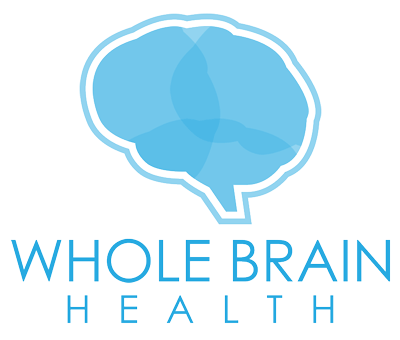
It’s no secret that reading is good for you. Science has supported the benefits of reading for sustained cognitive development among older people. Psychology and Aging’s recent study of adults aged 60-79 found that people on an eight-week leisure reading program experienced enhanced verbal working and episodic memory compared to a control group. These participants were exposed to familiar and unfamiliar titles from various genres and showed improved conceptual integration.
The great news is that this isn’t a one-off thing: it lines up with previous research. A fourteen-year longitudinal study published in International Psychogeriatrics involved over 1,900 adults over 64. Those who read at least once a week were less likely to experience cognitive decline at the six-year, ten-year, and fourteen-year mark. The results stayed consistent regardless of a respondent’s education level, indicating that reading could be a protective measure for cognitive function, especially in your golden years.
There are a few reasons reading is particularly essential for older adults. For one, just a half-hour spent reading can lower your blood pressure and heart rate. This is important because high blood pressure can strain the blood vessels in the brain, potentially damaging brain areas that help seniors think, learn, and remember. There’s no shortage of research on how high blood pressure can also increase one’s risk of dementia and even Alzheimer’s disease. Plus, as you read, you process more information, which means your brain buzzes with neural activity. As mentioned in this INC article, reading can create new neural networks and even strengthen your corpus callosum – or the area that connects your left and right brain. This improves communication between your “logical” and “creative” brain hemispheres, creating a foundation for more immersive learning.
Digital platforms make reading easier
As great as reading may be for the brain, older adults with mobility issues may face various struggles. Traveling to a bookstore, physically reaching for titles on a bookshelf, or squinting to read tiny fonts can spoil your reading experience (and knock the wind out of you)! This is why electronic formats, such as ebooks, make reading more accessible, and they can be easily accessed through online subscription platforms. Everand’s digital ebook library ranges from Pulitzer Prize-winning novels to New York Times bestselling biographies. The library features titles with a golden-ager protagonist, like The Curious Charms of Arthur Pepper, and awe-inspiring classics, like The Monk Who Sold His Ferrari, and seniors can engage their minds with various choices using their web browser, phone, or tablet. Ebooks allow users to adjust screen brightness and font sizes or switch seamlessly from one title to the next. This helps you enjoy the habit of reading and maximize its brain-boosting benefits.
Cultivating a reading habit
Just as exercising seems easier when done with a group than on your own, your odds of staying a bookworm are much higher when reading with a group. You can find book clubs online to engage with fellow readers without leaving their homes. For instance, the Senior Planet Community’s book club group lets enthusiasts share ideas, ask questions about their current read, and even share photos with other members. It looks similar to other social media platforms but with less clutter, so you can focus on strengthening your reading habits. Having a group to bounce off ideas helps you power through titles that challenge the brain but might be more difficult than usual. It also opens the door to new perspectives about a book’s central themes and messages, making the experience more enjoyable.
Our “Meditate Your Way to a Healthy Brain” post discusses the importance of exercising the brain to live a fuller life. More research is bound to emerge about the cognitive benefits of reading. Until then, older adults can enjoy the convenience of digital tools to access more titles and join supportive, book-loving communities.
Written by Kathy Armstrong for wholebrainhealth.org

Author Bio: Kathy Armstrong is a freelance writer and editor with a special
interest in the latest science news and medical research. When she’s not busy
preparing her next article, she enjoys running in the park with her three dogs.
